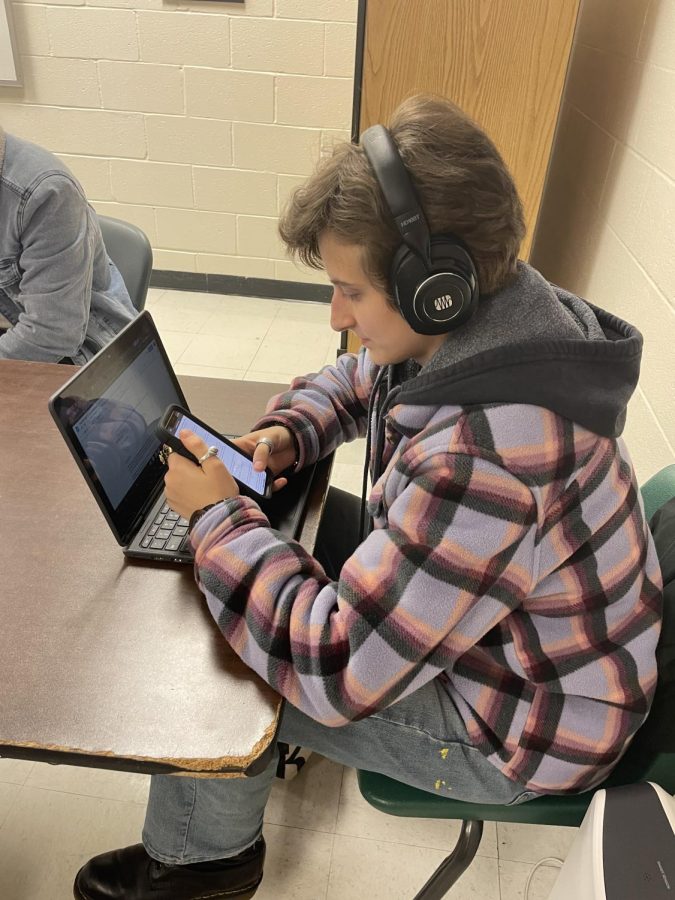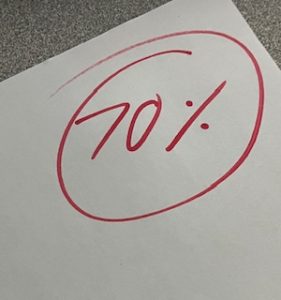Social Media: a Step-by-Step Breakdown
Gen Z students use social media increasingly, including during class
February 1, 2023
Since the first social media sites came out in the 90’s, people have argued whether or not social media is good or bad. How does social media impact our mental health? How does social media change based on your age? Does social media really help or hurt people? With Generation Z being the first generation to be born with social media, what could the long term effects be along with future generations?
Safety
While there’s certainly positives and negatives to social media, everyone has different opinions based on what’s most important to them. For example, with the rise of TikTok, people are beginning to question the impact of social media on our national security. However, safety concerns for children have always been at the forefront of social media debates. A study by The Guardian showed that since 2008 social media related crimes have gone up by 780%.
Usage
Generation Z is on social media more than any other generation ever. According to a survey at Lifespan.org, the average teenager spends six hours and 40 minutes a day on phones with young children averaging just 2 hours less. The amount of screen time people are experiencing is already having effects on younger generations with more developmental, cognitive and weight issues. A study conducted by Centers for Disease Control and Prevention (CDC) found that adolescents averaging 6 hours of media a day were 37% more likely to eat after 10 p.m. with more females falling into that pool than males. Using tricks to limit screen time can dramatically reduce your usage of social media.
Sophomore Parker Price states, “I take advantage of the time limit settings to keep control on how much I’m on social media everyday.”
Mental Health
Mental health is a bigger topic today than ever before. Depending on how and what you use social media for could have an astounding impact on your mental health.
“If I spend too much time on social media It could definitely cause me to get behind on my school work but sometimes it helps me mentally by letting me escape from school for a little bit,” said sophomore Kaylee Renehan.
“It’s a nice escape from school but after a while it could negatively affect me and schoolwork,” Sophomore Parker Price stated.
Junior Aidan Purdue said, “I’ve seen friends who have been impacted positively because they get to talk with friends and be more social, and I’ve seen social media affect some of my friends negatively too. Overall, I think it really depends on the person.”
Information
With reliable information being harder to come by, many people are tricked into believing untrue facts. Ironically, young adults, statistically, are trusting social media more than ever now. With the implementation of fact checking on many social media sites, these companies are trying to fix their image of “promoting fake news.” A study done by the Pew Research Center showed that 50% of people ages 18-29 trust what they see on social media, which is almost as much as they trust national news organizations at 56%. Young adults are also the age group with the highest trust in social media with their trust shown to decline as they get older. Pew Research Center also found that your political ideals affect your trust in social media with 38% of democrats trusting social media and only 27% of republicans trusting social media.
For tips on how to spot fake news visit this website.









